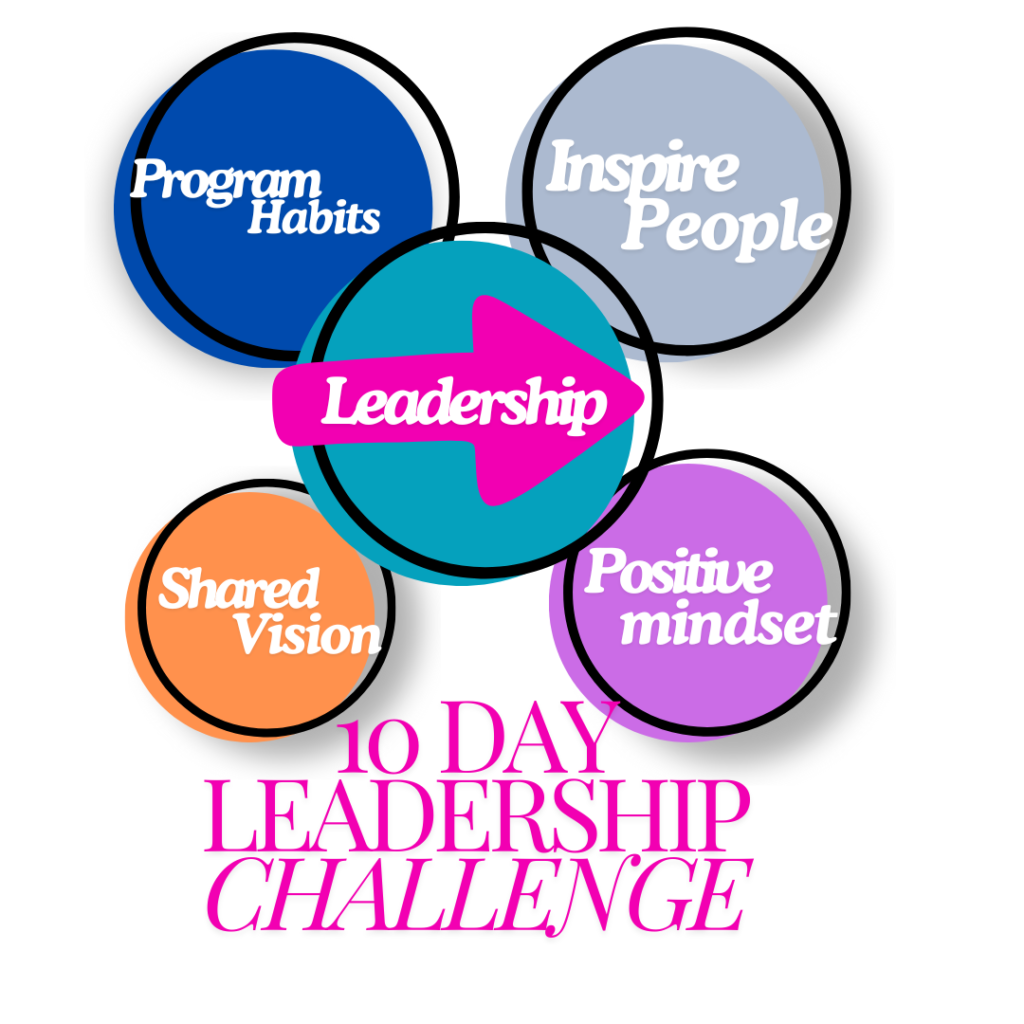We all experience emotions, and our reactions to these feelings are deeply rooted in our personal beliefs and worldviews. How we respond to our emotions can significantly impact our relationships, work performance, and overall well-being. In this blog post, we’ll explore different approaches to handling emotions and provide strategies for developing emotional intelligence.
Whilst everyone has their own unique emotional spectrum resulting from personal experiences, beliefs, and cultural background, it is often easier to have a model that can assist leaders to understand their team better. Research on emotional intelligence has contributed to understanding how people recognise, manage, and respond to different emotions.
Based on various psychological theories and research on emotions, it is said that people tend to fall into different categories when it comes to managing their emotions:
- The Suppressors: These individuals try to push their emotions down, believing that showing feelings is a sign of weakness.
- The Expressers: On the opposite end, these people let their emotions shine through, often wearing their hearts on their sleeves.
- The Analysers: This group tends to intellectualize their emotions, trying to understand them before reacting.
- The Avoiders: Some people attempt to distract themselves from their emotions, hoping they’ll simply go away.
- The Amplifiers: These individuals may intensify their emotional experiences, sometimes unintentionally.
As leaders it is important to understand yourself, so that you can lead your team. Our emotional responses are often automatic, based on past experiences and learned behaviours. Recognising these patterns is the first step towards developing healthier emotional management skills.
How we handle our emotions can have far-reaching effects:
- Relationships: Our emotional reactions can strengthen or strain our connections with others.
- Work Performance: Emotions can drive motivation or hinder productivity.
- Mental Health: Chronic suppression or amplification of emotions can lead to stress and anxiety.
Having an awareness of emotional intelligence (EI) in organisational settings, can inspire staff, support empathy and self-awareness, and drive high levels of performance.
In Amy Jacobson’s book “Emotional Intelligence: A Simple and Actionable Guide to Increasing Performance, Engagement and Ownership,” she outlines a powerful five-part methodology designed to help individuals enhance their emotional intelligence in both personal and professional settings. The five key principles are:
- Own It: This principle is based on personal accountability. It encourages individuals to take ownership of their emotions, behaviours, and the impact they have on others. By recognising that we control our reactions, we can begin to manage our emotional responses more effectively.
- Face It: This step involves confronting emotions rather than avoiding or suppressing them. Acknowledging feelings allows individuals to understand their sources and triggers, leading to better emotional regulation and decision-making.
- Feel It: Here, Jacobson stresses the importance of experiencing emotions fully. This principle advocates for embracing emotions as they arise, which can lead to greater self-awareness and emotional clarity. By allowing ourselves to feel, we can process emotions healthily and constructively.
- Ask It: This principle focuses on inquiry and reflection. It encourages individuals to ask questions about their emotions and those of others, creating empathy and understanding. Through this process of seeking to understand the emotional landscape, we can improve communication and strengthen relationships.
- Drive It: The final principle is about taking proactive steps to channel emotions toward positive outcomes. This involves using emotional insights to motivate oneself and others, fostering a productive and engaged work environment.
This framework allows individuals to easily understand and implement EI in their daily lives, making it accessible to a wide audience, including those who may find traditional EI concepts daunting. Leaders with high emotional intelligence possess a deep understanding of their own emotions, strengths, and weaknesses. This self-awareness allows them to recognise how their feelings can influence their behaviour and decision-making. By being aware of their emotional triggers, leaders can maintain composure in challenging situations, leading to more thoughtful and effective responses rather than impulsive reactions.
Give it a go.
or
buy the book, it’s worth the read.


